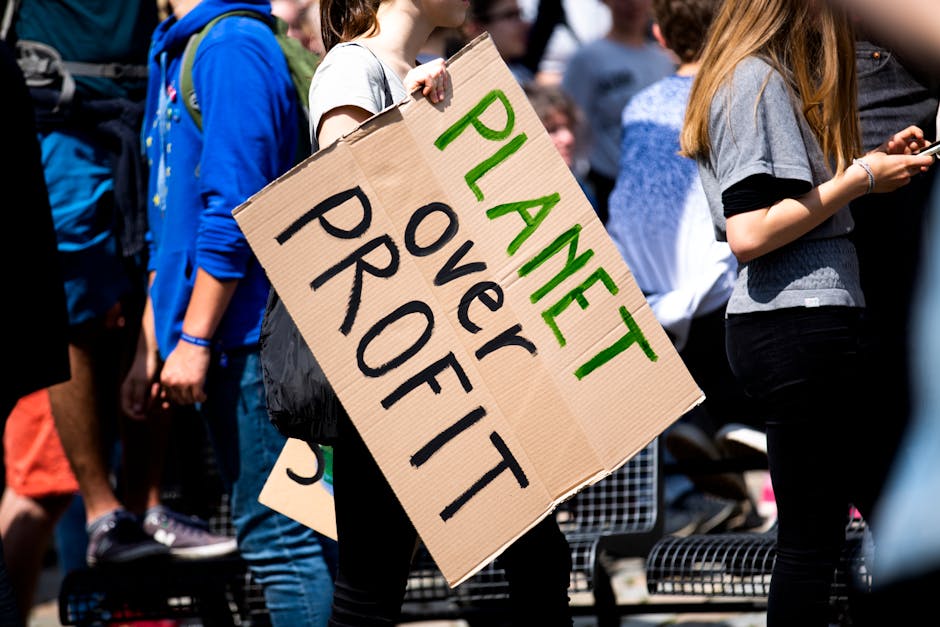Global warming, an insidious threat to our planet, poses unprecedented challenges for humanity. This phenomenon, driven by the relentless increase in greenhouse gas emissions, has far-reaching consequences for our environment, health, and economy. Recognizing the dire implications, it is imperative that we take collective and decisive action to mitigate and adapt to the effects of global warming.
The scientific consensus on global warming is unequivocal. Overwhelming evidence gathered from multiple sources confirms that human activities are the primary cause of the escalating global temperatures. The burning of fossil fuels, deforestation, and industrial processes release vast amounts of carbon dioxide and other greenhouse gases into the atmosphere, trapping heat and leading to a gradual increase in global temperatures.
The impacts of global warming are already being felt worldwide. Rising sea levels threaten coastal communities and infrastructure, while increasingly extreme weather events, such as hurricanes, droughts, and floods, wreak havoc on lives and livelihoods. Changes in precipitation patterns disrupt agriculture and water supplies, jeopardizing food security and economic stability. The health of our ecosystems is also under threat, as rising temperatures disrupt the delicate balance of flora and fauna.
Addressing global warming requires a multi-pronged approach that encompasses both mitigation and adaptation strategies. Mitigation efforts aim to reduce greenhouse gas emissions by transitioning to renewable energy sources, improving energy efficiency, and promoting sustainable practices. Governments, businesses, and individuals can contribute to mitigation by investing in low-carbon technologies, implementing energy-saving measures, and adopting sustainable lifestyles.
Adaptation strategies, on the other hand, focus on preparing for and responding to the unavoidable impacts of global warming. This involves building resilient infrastructure, investing in early warning systems, and implementing emergency response plans. Additionally, adapting to global warming requires investing in research and development to enhance our understanding of climate change and develop innovative solutions.
The consequences of inaction are dire. If we fail to address global warming effectively, future generations will face a world with catastrophic environmental, economic, and social impacts. Therefore, it is imperative that we act now, with a sense of urgency and determination.
Collaboration and cooperation on a global scale are essential to combat global warming. International agreements, such as the Paris Agreement, provide a framework for coordinated action. However, the success of these agreements hinges on the commitment and participation of all nations.
In addition to government action, businesses and individuals can play a vital role in reducing greenhouse gas emissions. By adopting sustainable practices, investing in renewable energy, and reducing consumption, we can collectively make a significant difference.
The fight against global warming is not only a moral imperative but also an investment in the future of our planet. By taking bold and decisive action, we can preserve the health of our environment, protect our communities, and ensure a sustainable future for generations to come.

